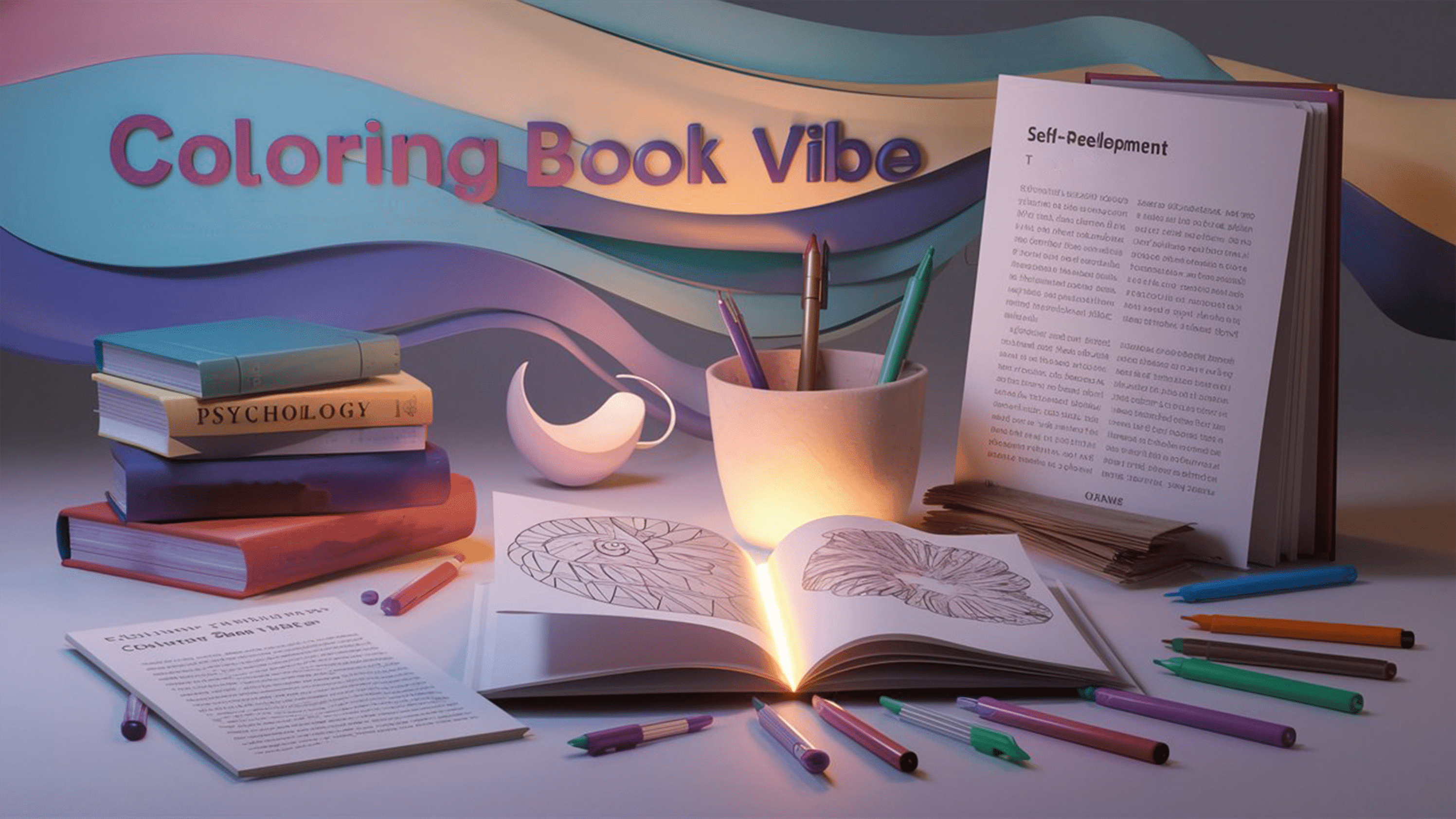Healthy relationships are essential for overall mental well-being. They provide emotional support, increase happiness, and promote a sense of belonging and security. However, maintaining and building strong, positive relationships requires effort, communication, and a mutual understanding. In this guide, we will explore the importance of healthy relationships for mental well-being, the qualities of positive relationships, and practical strategies for building and maintaining them.
1. The Importance of Healthy Relationships for Mental Health
Relationships play a critical role in mental health, as they impact emotional well-being, stress levels, and self-esteem. Positive, supportive relationships provide individuals with a sense of purpose, belonging, and connection, all of which contribute to a healthy mind.
1.1 Emotional Support
Healthy relationships offer emotional support during both good and challenging times. Friends, family, or partners can provide empathy, encouragement, and validation when someone feels overwhelmed or stressed. Having someone to lean on reduces feelings of isolation and helps individuals cope with difficult emotions more effectively.
- Emotional validation: Positive relationships allow people to express their feelings without fear of judgment, providing a safe space to process emotions.
- Reduced stress: The presence of a supportive partner or friend can buffer the effects of stress, helping individuals feel less anxious and more resilient.
1.2 Increased Happiness
Strong relationships contribute to overall happiness and life satisfaction. People who have positive relationships are more likely to experience joy and contentment, as meaningful connections foster positive emotions and help reduce loneliness.
- Oxytocin release: Engaging in affectionate relationships stimulates the release of oxytocin, often referred to as the “love hormone,” which promotes feelings of happiness and reduces stress.
- Shared experiences: Positive relationships allow individuals to share in life’s moments, creating a deeper sense of joy through shared activities, memories, and accomplishments.
1.3 Improved Self-Esteem
Healthy relationships can boost self-esteem and self-worth. Being appreciated, respected, and loved by others helps individuals develop a more positive view of themselves, enhancing confidence and mental resilience.
- Constructive feedback: Supportive relationships offer constructive feedback, which helps individuals grow and develop without feeling criticized or diminished.
- Mutual respect: Feeling valued and respected in a relationship promotes self-confidence and reinforces self-worth.
2. Characteristics of Healthy Relationships
Healthy relationships share common characteristics that make them positive and nurturing. These relationships are built on mutual respect, trust, communication, and emotional intimacy.
2.1 Trust
Trust is the foundation of any healthy relationship. It is built through consistent honesty, reliability, and openness over time. Trust allows individuals to feel secure in their relationship, knowing that they can rely on each other.
- Open communication: A healthy relationship encourages open, honest communication. Trust is nurtured when both parties feel comfortable sharing their thoughts and feelings without fear of judgment or betrayal.
- Dependability: Being reliable and keeping commitments is essential for building trust, as it shows that you value the relationship and are committed to maintaining it.
2.2 Respect
Mutual respect is a hallmark of healthy relationships. Respect means valuing each other’s opinions, boundaries, and individuality, even when there are disagreements. It promotes equality and ensures that both parties feel valued.
- Healthy boundaries: Establishing and respecting personal boundaries is vital for maintaining individual autonomy while fostering a close connection.
- Empathy and understanding: Respecting each other’s emotions and perspectives fosters a deeper sense of connection and reduces conflict.
2.3 Communication
Effective communication is key to resolving conflicts, expressing emotions, and deepening intimacy. In a healthy relationship, both parties are able to communicate their needs, feelings, and concerns openly and constructively.
- Active listening: Listening to your partner or friend without interrupting or dismissing their feelings shows that you value their perspective.
- Non-verbal cues: Paying attention to body language, tone of voice, and facial expressions can help you better understand your partner’s emotions and needs.
2.4 Emotional Intimacy
Emotional intimacy involves sharing feelings, fears, dreams, and vulnerabilities with someone else. It fosters a deep connection and strengthens the bond between two people.
- Vulnerability: Being open about your feelings, even when they are difficult to express, helps build emotional intimacy and trust.
- Emotional support: Offering empathy and understanding during tough times strengthens emotional intimacy and reinforces the connection between individuals.
3. Strategies for Building and Maintaining Healthy Relationships
Building and maintaining healthy relationships takes effort, time, and commitment from both parties. Here are some strategies to foster positive, long-lasting connections.
3.1 Cultivate Open Communication
Open and honest communication is the cornerstone of any healthy relationship. It involves both expressing your thoughts clearly and listening to the other person with empathy.
- Express your needs: Don’t expect others to read your mind. Clearly express your needs, desires, and concerns in a respectful and non-confrontational manner.
- Practice active listening: Engage fully in conversations, ask questions for clarification, and acknowledge the other person’s feelings. Avoid interrupting or rushing to judgment.
3.2 Set and Respect Boundaries
Healthy relationships require clear boundaries that define acceptable behaviors and protect each person’s autonomy. Setting boundaries helps avoid misunderstandings and ensures both parties feel comfortable and respected.
- Discuss boundaries openly: Have conversations about boundaries early on in relationships, and check in periodically to ensure that both parties’ needs are being met.
- Respect individuality: Allow space for personal growth, interests, and time apart. A healthy relationship thrives when both parties are able to maintain their sense of self.
3.3 Build Emotional Support Networks
Healthy relationships are not just limited to romantic partners; they extend to friends, family, and colleagues. Having a diverse support network can enhance emotional well-being and provide multiple sources of encouragement.
- Stay connected: Make an effort to maintain relationships with friends and family members, even when life gets busy. Regular check-ins, calls, or visits can strengthen these bonds.
- Be present: When spending time with loved ones, be fully present. Engage in meaningful conversations and create positive experiences together.
3.4 Practice Empathy and Compassion
Empathy is the ability to understand and share the feelings of another person. Practicing empathy and compassion helps build stronger relationships and fosters emotional connection.
- Put yourself in their shoes: Try to see situations from the other person’s perspective, especially during conflicts or disagreements.
- Offer support: Be there for your loved ones during both good times and bad, offering encouragement and understanding when they need it most.
3.5 Resolve Conflicts Constructively
Conflicts are inevitable in any relationship, but how they are handled can either strengthen or damage the relationship. Healthy relationships require effective conflict resolution techniques that prioritize understanding and compromise.
- Stay calm: Avoid reacting in the heat of the moment. Take time to cool down if necessary before addressing the issue.
- Focus on the issue, not the person: Avoid personal attacks or blaming the other person. Instead, focus on the specific issue at hand and work together to find a solution.
4. The Role of Self-Care in Healthy Relationships
Self-care is an essential part of maintaining healthy relationships. When individuals take care of their own mental and emotional well-being, they are better equipped to contribute positively to their relationships.
4.1 Prioritize Your Mental Health
Taking care of your own mental health allows you to show up fully for others. Whether through therapy, mindfulness practices, or relaxation techniques, prioritizing your mental health ensures you are emotionally balanced and available for your loved ones.
4.2 Encourage Growth in Each Other
Healthy relationships thrive when both parties support each other’s personal growth and development. Encouraging your partner or friend to pursue their goals, hobbies, and passions strengthens the relationship and fosters mutual respect.
4.3 Take Time for Yourself
While strong relationships are important, it’s also essential to take time for yourself. Maintaining individuality and personal interests outside of the relationship helps prevent codependency and keeps the relationship healthy.
Conclusion: Healthy Relationships as the Foundation for Mental Well-being
Building and maintaining healthy relationships is essential for mental well-being. Through trust, communication, empathy, and mutual respect, individuals can create strong, supportive connections that provide emotional stability and happiness. By practicing these principles and nurturing both personal and professional relationships, you can enhance your mental health and create a network of support that fosters resilience and well-being.
Let your imagination run free, Immerse yourself in a world of colors and beauty. Remember, your mental well-being is priceless.
Team coloringbookvibe.com

Coloring Book Vibe is a dedicated publisher of captivating coloring books, along with instructional books on drawing and coloring techniques. We are deeply passionate about the art of coloring, ensuring our designs are always intricate, beautiful, unique, and often infused with a touch of humor. We highly value our customers and always welcome feedback and suggestions. Our collection features an incredible array of coloring books across various genres, including Fantasy, Animals, Mandalas, Doodle Patterns, Floral, Landscapes, Country Scenes, and more.



